PROGRAM OVERVIEW
Key Concepts & Curriculum
Key Concepts
Action learning
Action Learning is a process that helps organizations develop creative, flexible, and successful strategies to address real-world problems. By taking action, reflecting upon results, integrating learnings, and refining the problem-solving process, teams are able to develop more effective solutions and work toward lasting change. The Action Learning model is also referred to as a ‘Plan-Do-Check-Act’ process.
Multi-sector collaboration
To work in partnership with individuals and/or organizations, teams, or groups that involve a number of sectors and disciplines. An example of a multi-sector collaboration might be a pediatric asthma prevention program that involves the public school district, the local health department, a for-profit health care system and a non-profit organization focusing on health services for low-income families.
Quality improvement
The use of a deliberate and defined improvement process, such as Plan-Do-Check-Act, which is focused on activities that are responsive to community needs and improving population health. It refers to a continuous, ongoing effort to achieve measurable improvements in the efficiency, effectiveness, performance, accountability, outcomes, and other indicators of quality in services or processes which achieve equity and improve the health of the community.¹
Collective impact
The commitment of a group of important individuals and/or organizations from different sectors to a common agenda for solving a specific social problem.²
Community engagement
Our definition of community engagement is to inform, consult, involve, collaborate, and/or empower the community, as described in the Spectrum of Public Participation, produced by the International Association for Public Participation (IAP2), which defines the public’s role (i.e., the community's role) in the engagement process. For the purposes of the LAPH programs, community engagement on the higher end of the spectrum (i.e, involve, collaborate and empower) represent the gold standard for public health work that aspires to improve health in the community.
Systems thinking
The approach that examines the interrelatedness of forces and sees them as part of a common process.³
Tuckman's stages of team development
Forming: Working to establish expectations, develop trust, and agree on common goals.
Storming: Identifying power and control issues, developing communication skills, and reacting to leadership.
Norming: Working within an atmosphere of agreeing on roles and problem-solving processes, with decisions made through negotiations and consensus.
Performing: Achieving effective and satisfying results, working collaboratively, and caring for each other.
Riley et al., “Defining Quality Improvement in Public Health”, JPHMP, 2010, 16(10), 5-7
http://www.ssireview.org/articles/entry/collective_impact
Senge, Fifth Discipline
Curriculum
Competencies
Advance the leadership knowledge, attitude, and practice of individuals and teams to lead policy and systems change efforts including the following components:
Individual leadership mastery
Ability to work effectively across sectors and with diverse stakeholders
Commitment to health in all policies
Application of continuous quality improvement principles
Appropriate use of data for planning, assessment, monitoring, and evaluation
Overarching content areas
Power dynamics
Drivers of change
Integration with changing healthcare environment
Learning methodologies
Retreat(s)
Webinars
Coaching support
Networking
Applied Health Leadership Project (AHLP)
Web-based resources
Phases of the LAPH Year
Work throughout the year will be divided into four phases:
Inspiration
Ideation
Implementation
Growing, Sustaining, and Transition
Each phase includes activities, readings, and a learning component focused on themes that will advance the leadership practice of teams. Reflection questions are offered after each activity to further reinforce the phase focus, desired objectives, and core concepts that are woven into the curriculum. We use a Continuous Quality Improvement (CQI) approach in program design and implementation.
